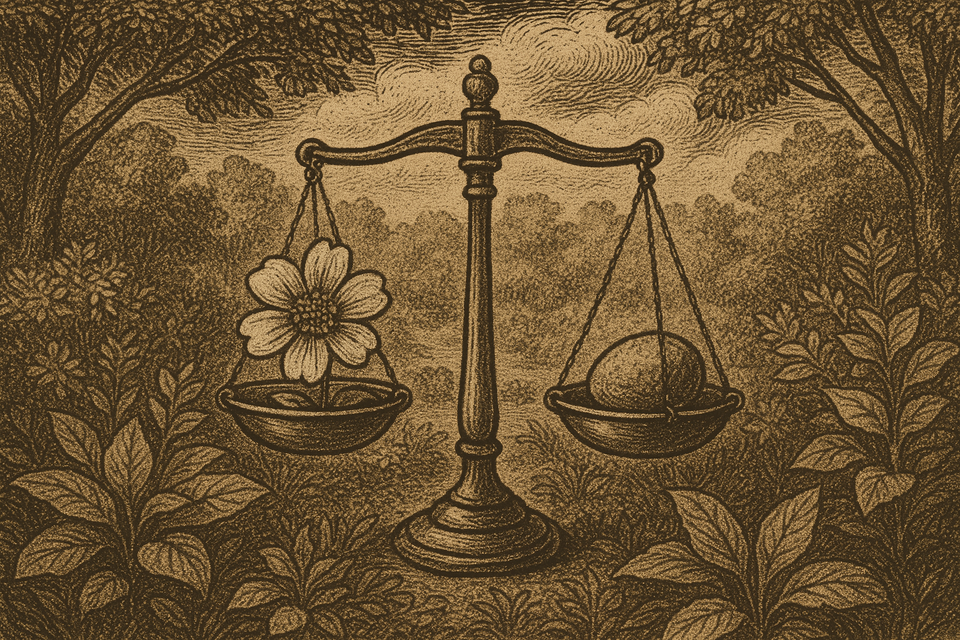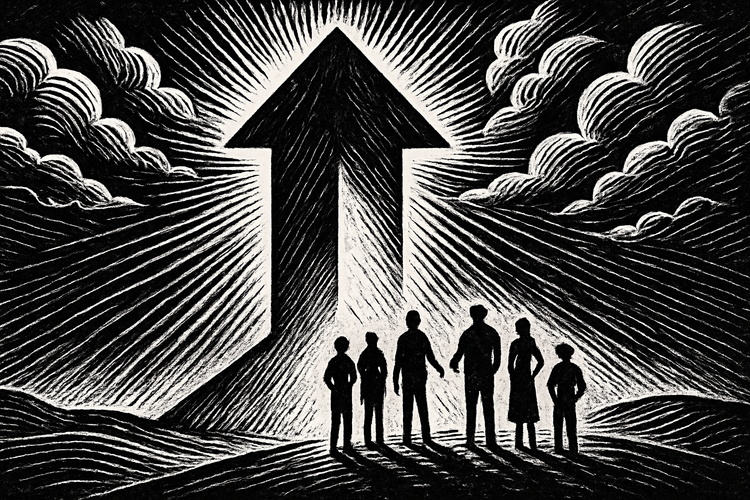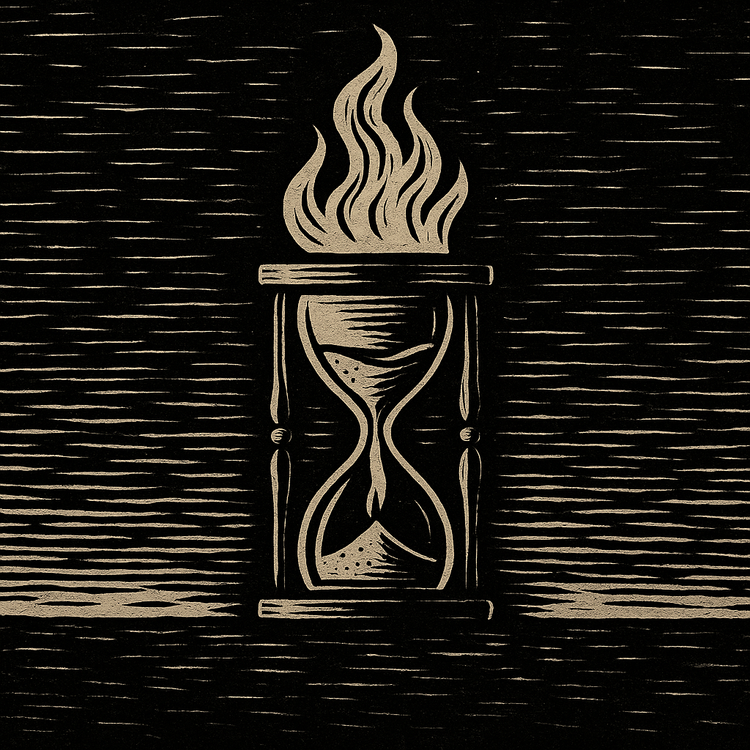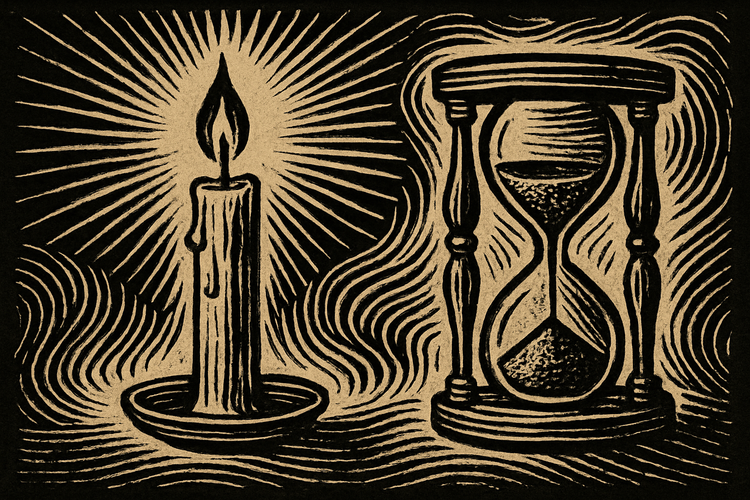The Good Place S2E7 "Derek"

Spoiler Warning: This reflection contains full spoilers for The Good Place, including retrospective insights and thematic allusions. It assumes familiarity with the entire series and is written from the perspective of a rewatch.
There’s no easy way to break someone’s heart. In The Good Place, Season 2, Episode 7, the group finds themselves staring down that inevitability. Jason and Tahani’s relationship is a tangle of genuine affection, messy incompatibility, and unintended consequences — and the newest wild card, Derek, only makes things more volatile. The question isn’t whether someone will get hurt, but whether causing that hurt might be the right thing to do.
Philosophers have a name for this kind of moral tangle: the Doctrine of Double Effect. It asks whether it can be acceptable to do something that has both a good outcome and a bad one — as long as the harm isn’t the goal, just a side effect. The classic example is a doctor giving strong pain medication to a terminal patient:
- Good effect: The patient’s pain is eased.
- Bad effect: The patient may die sooner.
If the goal is pain relief, and the harm is unintended, the action can be morally permissible. Here, the dilemma is whether ending Jason and Tahani’s relationship — certain heartbreak — could be justified if it protected the neighborhood from greater harm.
The episode even names the principle at stake: moral strength is defined by how we behave in times of stress. Calm moments make it easy to be virtuous. But under pressure — when loyalties pull in different directions, the outcomes are uncertain, and the clock is ticking — our choices reveal the ethics we actually live by. Michael, Eleanor, and Chidi aren’t just solving a logistical problem; they’re deciding what kind of people they are when it matters most.
For Eleanor, the decision connects to something more practical than abstract philosophy. She tells Michael about the little voice in her head — the one that pipes up when she’s about to do something wrong. Back on Earth, she ignored it. Here, she’s learned that the easiest way to quiet it is simply to avoid doing the bad thing. It’s a modest insight, but a meaningful one: sometimes moral clarity isn’t about finding the perfect choice, it’s about recognizing the bad choice and stepping away from it.
In the end, Janet grows in her own emotional awareness, decides to store Derek rather than keep him active, and Jason and Tahani stay together — at least for now. The feared heartbreak is postponed, but the moral work has been done: they confronted the stress, considered the harm, and chose a path that allowed relationships to deepen without burning them down.
Michael, meanwhile, is becoming something more than the sum of his schemes. His choices are starting to account for feelings, not just calculations. The hesitation is human. The care is, too.
“Derek” reminds us that moral philosophy isn’t just a classroom exercise — it lives in the messy spaces where every option carries a cost. Whether you call it the Doctrine of Double Effect or simply doing your best under pressure, the question lingers: when harm is inevitable, what will you let tip the scales?



Comments ()